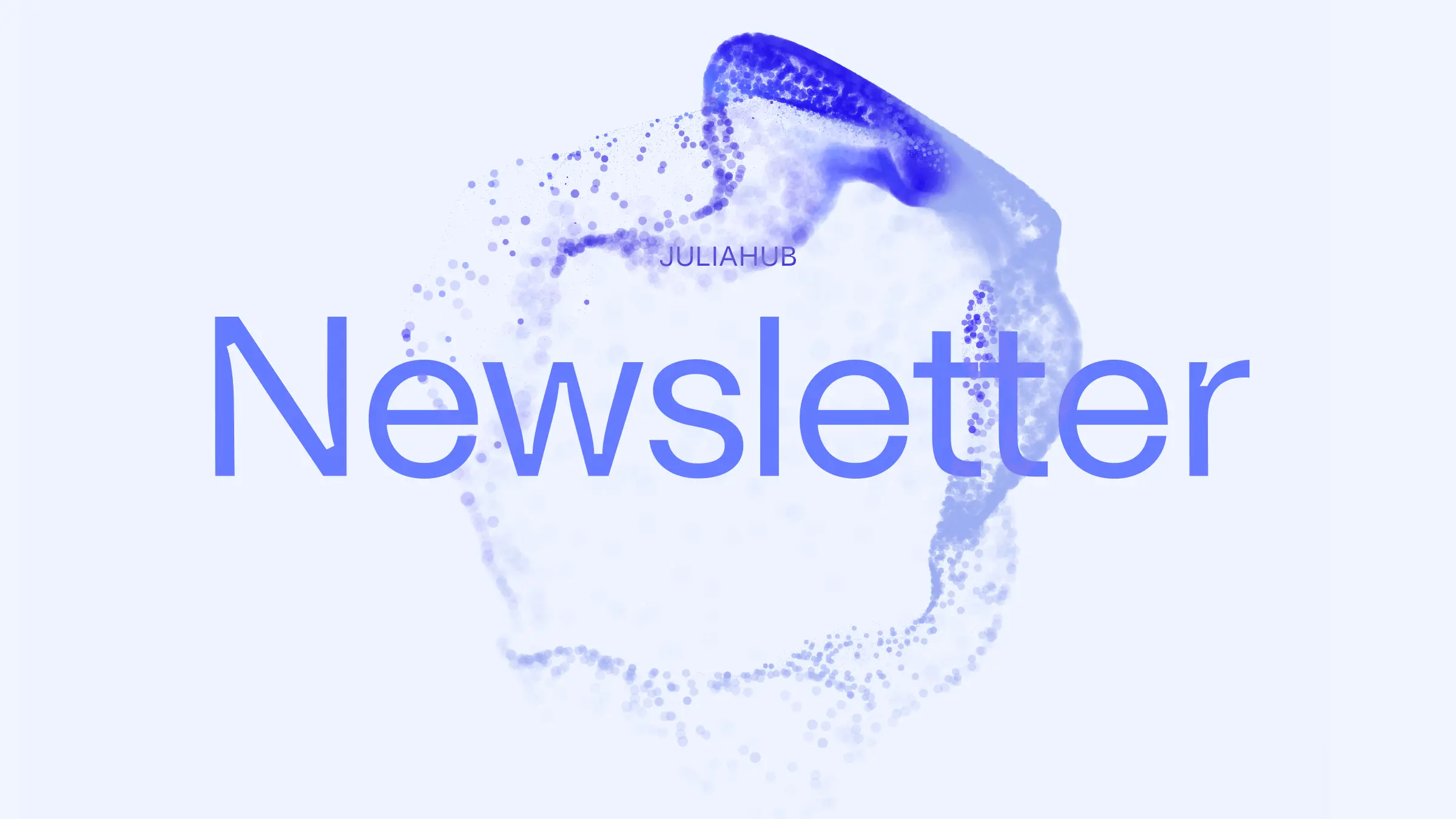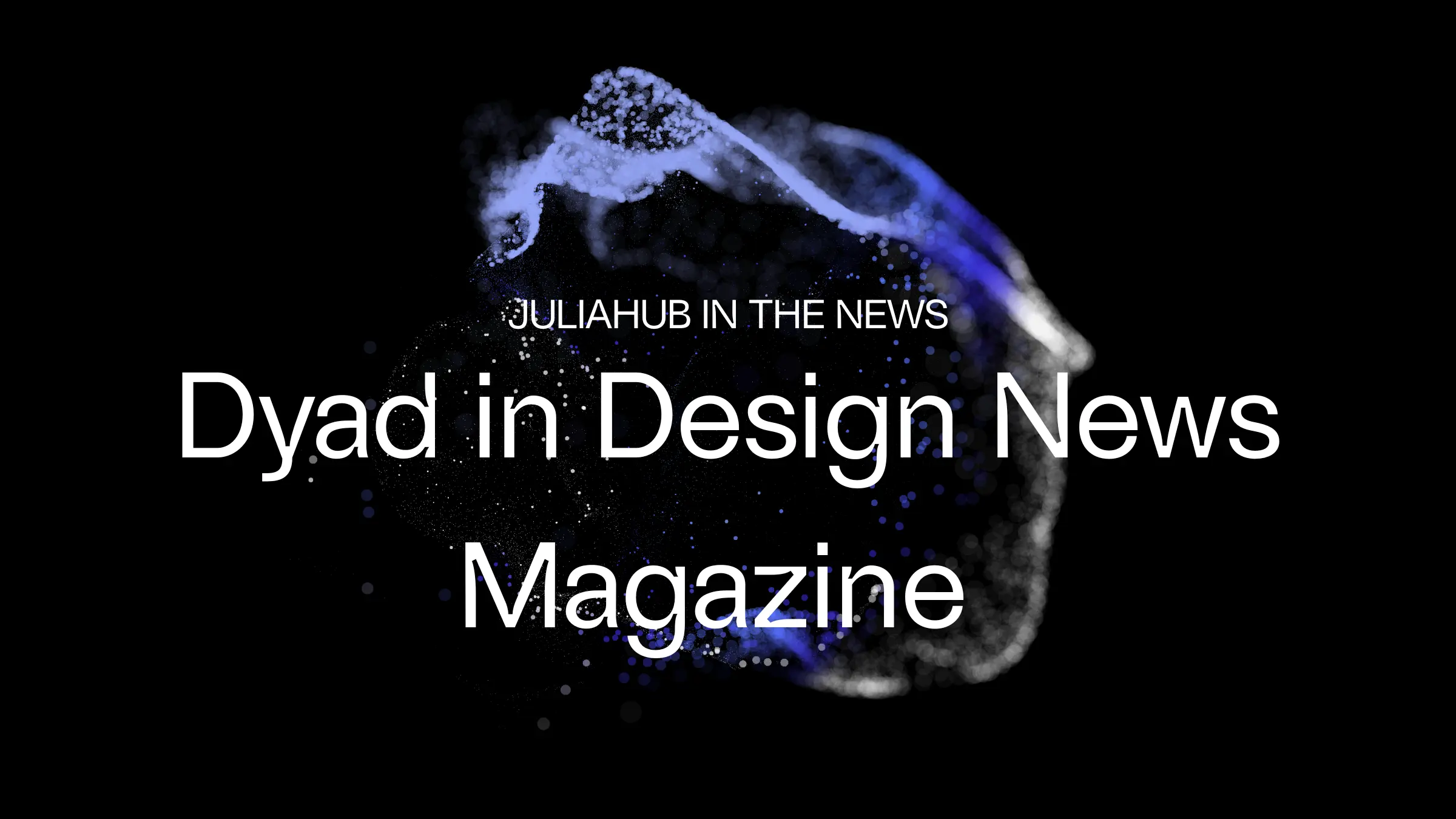JuliaCon 2023 is happening on July 25-29 at the Massachusetts Institute of Technology (MIT) in Cambridge, and JuliaHub has created a friendly community competition to accompany it. To highlight the community as a whole, we are hosting the inaugural Pluto.jl Notebooks Competition.
Between now and August 1, 2023, we are looking for the industry’s best examples in using Julia's Pluto Notebook to be uploaded to JuliaHub.
The focus for the Pluto.jl Notebooks Competition is highlighting a problem that was solved using Julia. These notebooks shouldn’t be instructional in nature, rather they should focus on the results and the presentation of those results in your domain. Think of it as a competition of curiosity, where everyone has an opportunity to learn what others are working on and how Julia can be applied throughout industry, academia, and the larger open source community.
This competition is open to everyone.
What you need to know
If you are interested in entering the Pluto.jl Notebooks Competition at JuliaCon, submitting your notebook for the competition is easy!
Upload your notebook in the Pluto tab of your JuliaHub.com account. To ensure that it is seen by the judges, tag the notebook with juliacon2023 and mark it as “public.” This is critical to ensure that you are entered into the competition, as there are no added entry forms to fill out.
Step-by-step upload details can be found on our help site.
Additionally, to ensure that your Pluto.jl notebook is what the judges are looking for, review this example notebook from Fredrik Carlson on JuliaHub for clarity:
Selecting the winner
Judging your Pluto.jl notebook has three key elements, including the specific subject matter, your presentation layout and visualization, and how well you use Julia packages and JuliaHub as a whole. Most notably, judges want to see you solve an interesting problem.
After submissions close on August 1st at midnight, JuliaHub has assembled a stellar selection committee that will spend the month of August reviewing each submitted notebook in-depth.
The top three Pluto.jl notebooks will win cash and prizes that include:
1st Place: $500 Cash + $500 worth of free compute on JuliaHub
2nd Place: $300 Cash + $300 worth of free compute on JuliaHub
3rd Place: $150 Cash + $150 worth of free compute on JuliaHub
Winners will be contacted by August 31, 2023. For further details on JuliaHub’s pluto.jl Notebooks Competition at JuliaCon 2023, go to: https://help.juliahub.com/juliahub/stable/pluto2023/
Good luck to all who plan to submit!






